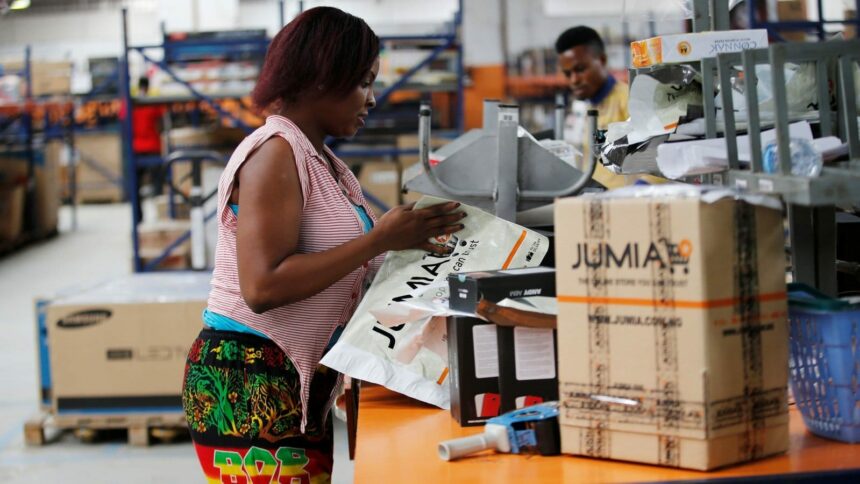Africa-focused e-commerce retailer Jumia Technologies has announced plans to close its South African online fashion retailer, Zando, and its operations in Tunisia by the end of the year.
CEO Francis Dufay explained that the decision is part of a strategic shift to focus on more profitable markets, particularly Nigeria. Jumia is undertaking aggressive cost-cutting measures, including reducing its workforce, exiting the everyday grocery and food delivery sectors, and scaling back non-core delivery services, all in an effort to achieve profitability.
“The trajectory of these countries did not align with the group’s strategy,” Dufay said, citing complex macroeconomic conditions, stiff competition, and limited growth potential in South Africa and Tunisia. He emphasized that the move would allow the company to concentrate resources on its other nine markets, where the growth outlook is more favorable.
Jumia’s key remaining markets include Egypt, Kenya, Morocco, and Nigeria. Dufay expressed optimism that success in these regions could help offset the volumes lost from the closures. Zando and the Tunisian operations contributed only 2.7% of Jumia’s total orders and 3% of its Gross Merchandise Value (GMV) in the first half of the year.
Zando, founded in 2012, became a leading online fashion platform in South Africa, while Jumia’s Tunisian operations have operated under the Jumia brand for a decade, offering general merchandise. Despite the closures, Dufay confirmed there are no plans to sell either operation. Clearance sales will be held before they shut down, resulting in around 110 job losses, though some employees may be relocated to other divisions within Jumia.
This development follows the recent announcement by South Africa’s largest online retail group, Takealot, which is selling its fashion subsidiary Superbalist in response to mounting competition from global fast-fashion e-commerce players like Shein and Temu. Dufay acknowledged that the highly competitive environment in South Africa poses significant challenges to growth in the sector.



